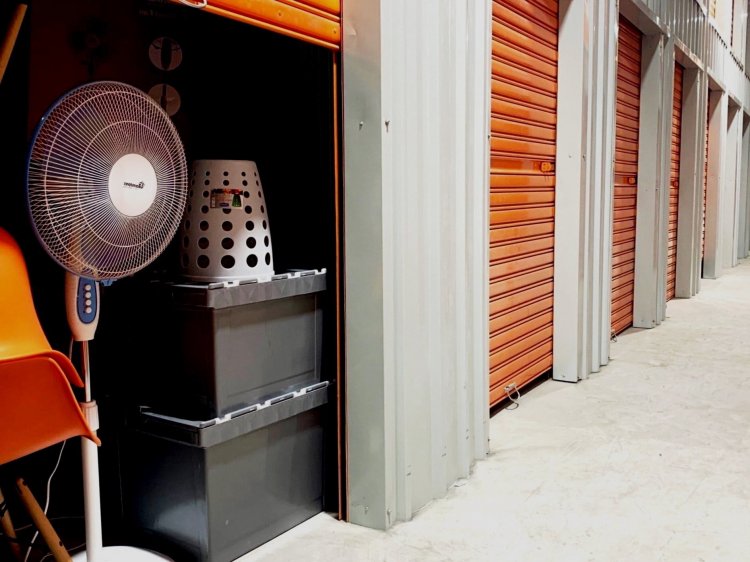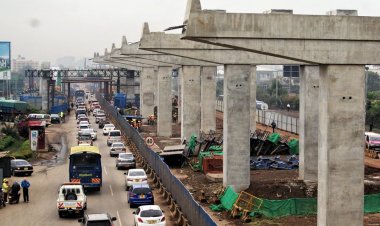All You Need to Know About Temporary Storage Facilities in Kenya
Storage facilities provide a secure location for the storage of goods while they are awaiting clearance or transportation to their final destination.

Temporary storage facilities are an essential part of the supply chain in Kenya. These facilities provide a secure location for the storage of goods while they are awaiting clearance or transportation to their final destination. In this article, we will take a closer look at temporary storage facilities in Kenya, their importance, and the regulations surrounding them.
Importance of Temporary Storage Facilities in Kenya
Temporary storage facilities in Kenya play a critical role in the logistics industry. They provide a secure location for goods imported into the country, enabling customs officials to carry out inspections, and ensuring that all necessary documentation is in order before the goods are released. These facilities also provide a temporary home for goods that are awaiting transportation to their final destination, allowing for more efficient movement of goods through the supply chain.
Temporary storage facilities also offer a cost-effective solution for businesses that do not have their own storage facilities. By using these facilities, businesses can avoid the expense of building and maintaining their own warehouses.
Regulations Governing Temporary Storage Facilities in Kenya
Temporary storage facilities in Kenya are regulated by the Kenya Revenue Authority (KRA) and must comply with the Customs and Excise Act 2015. Under this act, temporary storage facilities must be licensed by the KRA and must meet specific requirements. These requirements include having secure fencing and lighting, having adequate fire safety measures in place, and having a suitable location for the storage of hazardous materials.
In addition to these requirements, temporary storage facilities must also adhere to strict documentation and reporting guidelines. They must maintain accurate records of all goods entering and leaving the facility and must submit regular reports to the KRA.
Types of Temporary Storage Facilities in Kenya
There are two main types of temporary storage facilities in Kenya:
1. Bonded Warehouses: Bonded warehouses are facilities that are licensed by the KRA to store goods that are subject to customs duties and taxes. These goods are stored in the warehouse until the duties and taxes are paid, and the goods are released for distribution.
2. Transit Sheds: Transit sheds are facilities that are used to temporarily store goods that are in transit. These facilities are typically located near ports or airports and provide a secure location for goods that are awaiting transportation to their final destination.
Conclusion
Temporary storage facilities play a critical role in the logistics industry in Kenya. They provide a secure location for goods that are awaiting clearance or transportation to their final destination, enabling more efficient movement of goods through the supply chain. These facilities are regulated by the KRA and must comply with strict requirements to ensure the safety and security of the goods stored within them.
If you have a real estate press release or any other information that you would like featured on African Real Estate Blog Post do reach out to us via email at [email protected]





























![7 Famous Architectures in Africa [PHOTOS]](https://realestateblogpost.com/uploads/images/2023/05/image_380x226_646c9c2bd8642.jpg)



